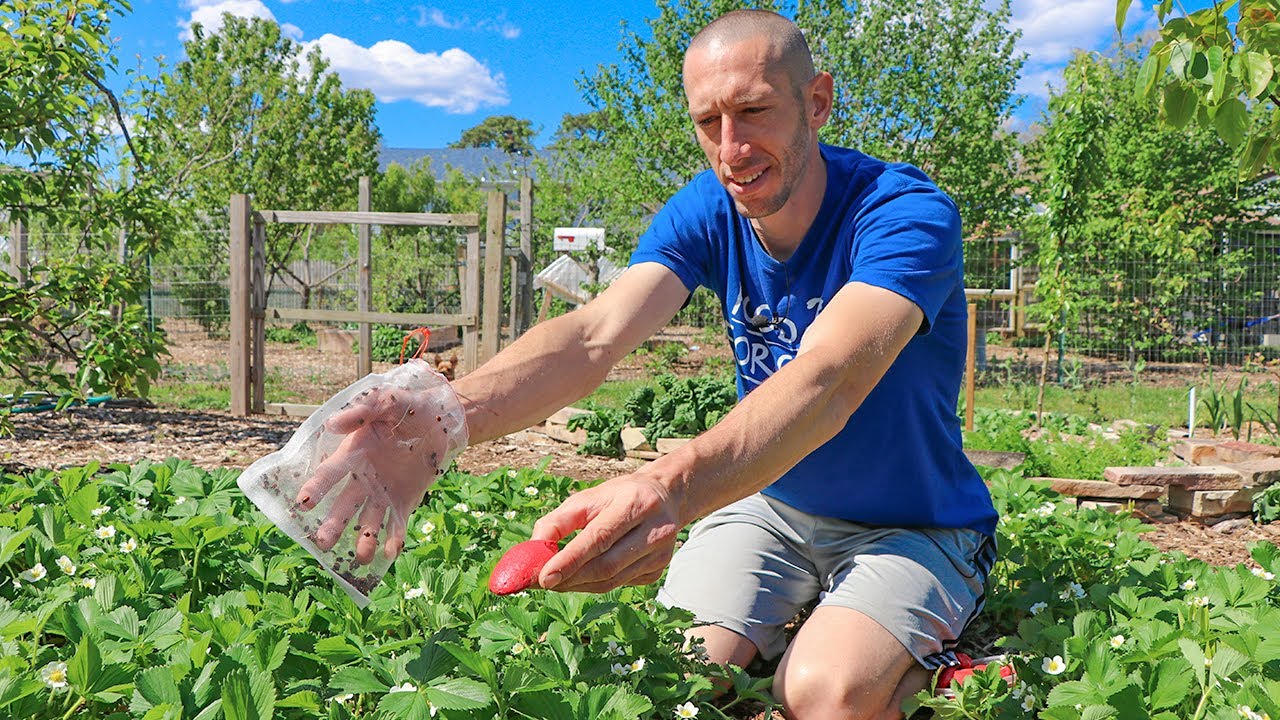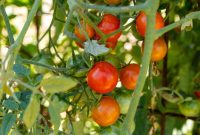get started
If you want your garden to be lush and full of life, you often need to remove insects. But the widespread use of pesticides has raised concerns that they could harm the planet and human health. This article delves into the world of effective organic pest control and provides you with natural ways to keep your garden pest-free.
How to apply biological pest control
Organic pest control is more than just a buzzword; it is a method of farming that emphasizes the use of natural methods. Not only will you help keep the world free of man-made toxins, but you will also help your family and pets stay healthy.
Identify common garden pests
Before you start pest control, you need to know what types of things you typically find in your garden. If you are dealing with pests such as aphids, caterpillars or spider mites, it is important to notice the early signs of an infection.
There are predators in your garden.
Nature has its own ways of keeping pests at bay. Ladybugs, lacewings and hungry beetles are all good insects to attract to your garden. Adding native enemies to the environment can control bug numbers and keep the ecosystem healthy.
Plant together with others
Some plants repel pests naturally. Place these companion plants in your garden to reduce the attraction to your unwanted insects. This is a simple way to promote variety and prevent errors.
How to Make Your Own Organic Pest Control Recipes
Walk through the kitchen and find powerful items you can use to eliminate pests yourself. These home treatments, such as sprays or soapy water made with garlic and onion, are safe, inexpensive and surprisingly effective.
Neem oil is a natural way to kill insects.
Neem oil, which comes from the neem tree, is very effective at killing insects. It stops insects from breeding and keeps them away. Applying Neem oil to your plants not only eliminates current pests but also prevents new pests from entering.
Sprinkle with garlic and chili pepper
Make garlic and pepper spray for a spicy way to kill pests. This is a simple mixture that repels many pests. You can spray it on your plants and watch the pests quickly escape.
benevolent nematode
Nematodes are very small insects that can help you eliminate pests. These beneficial organisms hunt and kill soil-dwelling pests without harming beneficial plants or insects. It’s good for the environment and it gets the job done.
Diatomaceous earth as a means of repelling pests
Diatomaceous earth, made from ancient algae, naturally repels insects. Sprinkle it around your plants to create a barrier that prevents pests from entering and drying out the soil. This is not a chemical response, but a physical response.
Cultural practices to repel pests
When plants are healthy, pests do not do much damage to them. To make your garden less attractive to pests, make sure it has enough water, keeps the dirt healthy and is cleaned properly.
Why crop rotation is important
Crop movement prevents pests from gathering. When you move crops from one season to another, you disrupt the life cycle of pests that feed on certain plants. This is a smart way to get rid of pests permanently.
How to get birds to come to your garden
Birds destroy pests naturally. Make your garden bird-friendly by adding bird feeders, bird baths and good places for birds to nest. Because birds eat insects, they add an extra line of defense against pests.
Use traps to monitor pests
Setting traps is a great way to monitor and control pest populations. Choose the right trap for your garden, such as sticky traps for flying insects or scent traps for certain pests.
In summary
Effective biological pest control is not only possible, it is also long lasting. If you use natural methods and understand the different parts of your garden ecosystem, you can grow your garden healthily without harming yourself or the world.
Frequently Asked Questions
Are natural ways to control pests as effective as chemical pesticides?
Chemical herbicides can be harmful to people and the environment, but organic methods can be very successful and provide long-term benefits.
How often should I use my own methods to va





